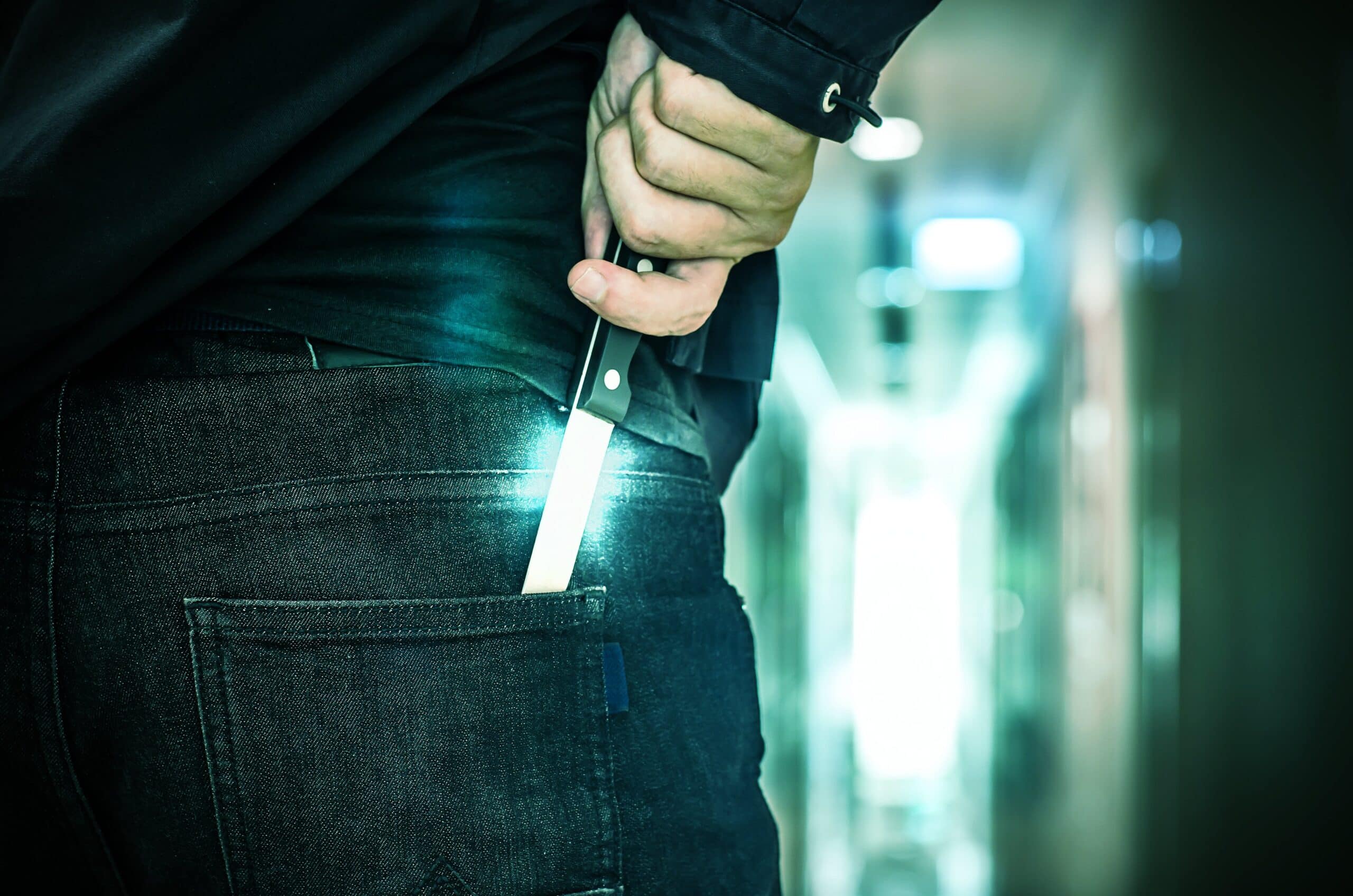Share This Article
If police suspect you have committed a crime, any conversation you have with investigators is designed for the sole purpose of gathering evidence.
Many suspects wonder whether they can trust what the police tell them, and whether they can be lied to in order to force a confession.
Here’s what you need to know about your right to silence in NSW.
Rights during a police interview
A police interview is a formal conversation between a person and the police for the purposes of gathering evidence.
A police interview generally occurs in person, either following an arrest or by appointment.
You have a number of rights during a police interview that you need to be aware of, including:
- The right to silence – which means that in most circumstances you do not need to respond to any of the questions posed to you during a police interview and can simply respond “no comment” to any questions posed.
- The right to refuse– unless you are under arrest, you do not need to meet with police. Whether under arrest or not, you have the right to refuse to participate in an interview with police.
- The right to contact a lawyer – you have a right to contact a lawyer and to obtain legal advice prior to a police interview.
- The right to an interpreter – you have a legal right to an interpreter if you do not understand English well enough to participate in an interview.
- The right to support persons – if you are under 18, you have a right to have a support person with you when you are in custody. At any age you have a right to contact a friend or family member, although they aren’t generally allowed to be in the room with you.
A police interview must be recorded, usually in video form.
Police can only interview you for a “reasonable time” – which may depend on the complexity of the case against you. The maximum amount of time you can be detained for the purposes of investigation is six hours, however “time outs” can occur (such as during bathroom breaks) that can extend the total time spent in custody.
Can police lie during a police interview?
NSW Police can use a variety of tactics during a police interview, including lies and deception, in order to gather evidence or provoke a confession. However, police are generally limited by what types of evidence would be admissible at any subsequent trial.
The use of lies during a formal police interview could raise a strong argument that any evidence gained as a result of the deception should not be admissible.
Section 138 of the Evidence Act 1995 (NSW) provides a broad discretion to the courts to exclude improperly or illegally obtained evidence.
In relation to the admissibility of “admissions” during a police interview, the section states that evidence of an admission that was made during or in consequence of questioning, and evidence obtained in consequence of the admission, is taken to have been obtained improperly if the person conducting the questioning:
- Did, or omitted to do, an act in the course of the questioning even though he or she knew or ought reasonably to have known that the act or omission was likely to impair substantially the ability of the person being questioned to respond rationally to the questioning; or
- Made a false statement in the course of the questioning even though he or she knew or ought reasonably to have known that the statement was false and that making the false statement was likely to cause the person who was being questioned to make an admission.
An “admission” includes a confession as well as an admission of a fact that indicates guilty.
Section 85 of the Evidence Act 1995 (NSW) also deals with the reliability and admissibility of admissions made by defendants in criminal proceedings.
The section states that evidence of an admission made to police (or other people capable of influencing a prospection) “is not admissible unless the circumstances in which the admission was made were such as to make it unlikely that the truth of the admission was adversely affected”.
Factors that can be considered to determine whether an admission during questioning is adversely affected include:
- Any relevant condition or characteristic of the person who made the admission, including age, personality and education and any mental, intellectual or physical disability to which the person is or appears to be subject, and
- The nature of the questions asked during questioning and the manner in which they were put, and
- The nature of any threat, promise or other inducement made to the person questioned.
Further exclusions rules are also outlined under s135 and s137 of the Act which allow a court to use its discretion to exclude evidence that is particularly prejudicial to the accused.
In short: although there’s no strict rule stopping police from lying during a police interview, the use of lies or deception in order to obtain an admission will likely result in evidence being excluded at trial.
What about undercover police?
Police undertaking covert (undercover) operations are not bound by the same rules as police during an interview.
The nature of covert operations inherently involves deception, including assuming false identities and purporting to take part in criminal activity. Moreover, admissions that are obtained as a result of covert operations are generally admissible.
In Tofilau v The Queen, the High Court upheld confessions made by the defendants to undercover police officers whom the defendants were tricked into believing were criminal gangsters. As the admissions did not occur during a police interview, the use of lies or deception to obtain a confession were not a barrier to the admissibility of evidence.
By Jarryd Bartle.









